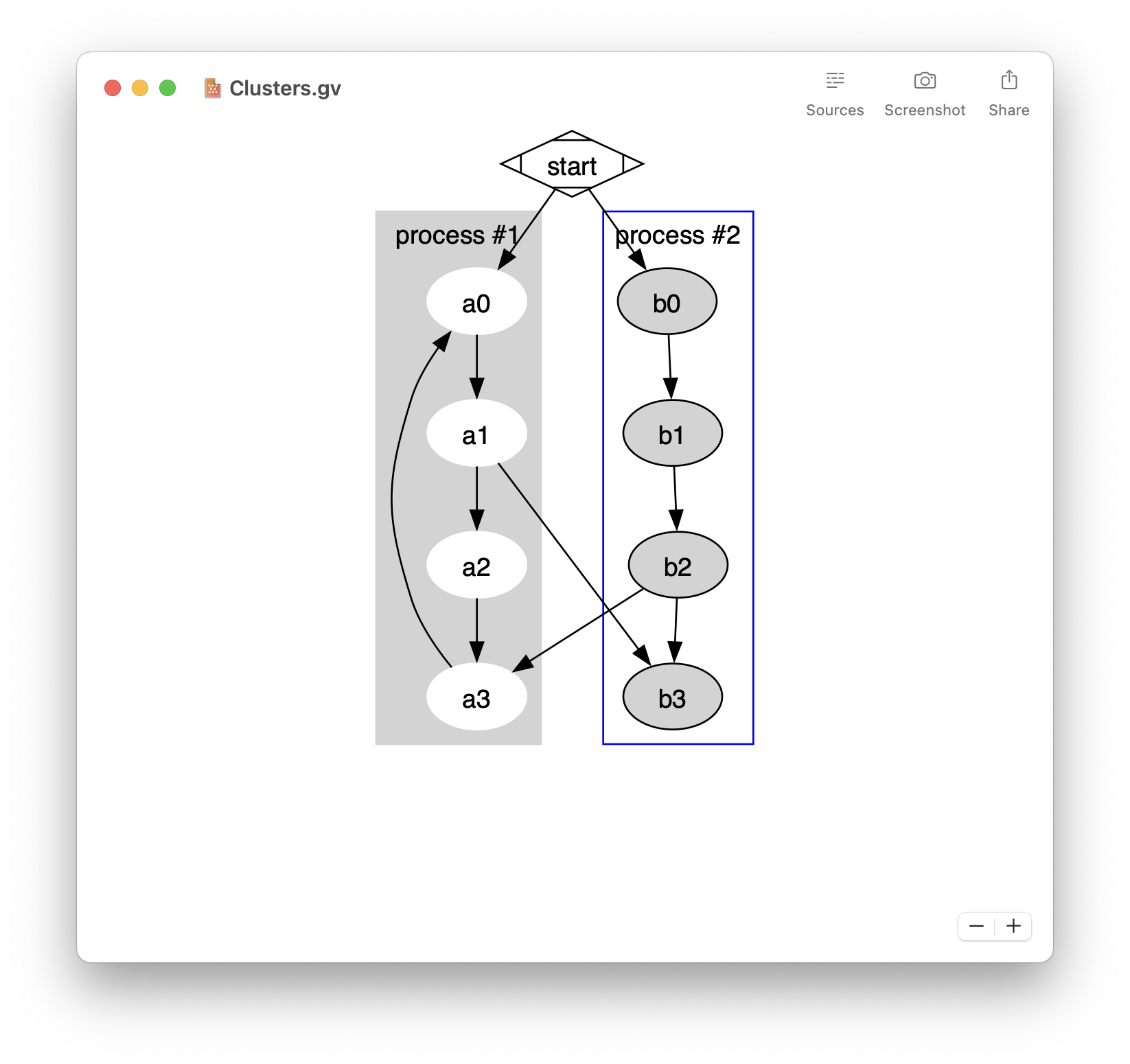GCC (and Clang) supports constructor and destructor attributes:
__attribute__((constructor))
__attribute__((destructor))
- Easily preview Mermaid diagrams
- Sequence diagrams, flowcharts, …
- Built-in editor
- Export to PDF, PNG, and SVG
- Quick Look integration
- Available on macOS, iOS, and iPadOS
- Free download on the App Store
Description
A function marked with the __attribute__((constructor)) attribute will be called automatically before your main() function is called. Similarly a function marked with the __attribute__((destructor)) attribute will be called automatically after your main() function returns.
You can find the GCC documentation here:
constructor
destructor
The constructor attribute causes the function to be called automatically before execution enters main (). Similarly, the destructor attribute causes the function to be called automatically after main () has completed or exit () has been called. Functions with these attributes are useful for initializing data that will be used implicitly during the execution of the program.
These attributes are not currently implemented for Objective C.
Note: The GCC documentation tells that these attributes are not implemented for Objective-C. However this seems to work as expected with my tests using Clang ‘clang-703.0.31’ from Xcode 7.3.1.
Example
Here is an example of C code to demonstrate these attributes:
//
// To compile:
// clang -o constructor constructor.c
//
#include <stdio.h>
void constructor() __attribute__((constructor));
void destructor() __attribute__((destructor));
int main()
{
printf ("main called\n");
return 0;
}
void constructor()
{
printf ("constructor called\n");
}
void destructor()
{
printf ("destructor called\n");
}
When running this application, you will see the following output logs as you would expect:
constructor called
main called
destructor called
How does it work under the hood?
When you mark functions with these attributes, the compiler will create in your binary the sections called __mod_init_func for the constructors and __mod_term_func for the destructors. These sections contain the list of function pointers. You can use the excellent MachOView to see these sections:
When your application is launched, dyld will call the constructors before your main() function is called. This is handled by the following dyld function:
void ImageLoaderMachO::doModInitFunctions(const LinkContext& context)
The destructors are handled by the dyld function:
void ImageLoaderMachO::doTermination(const LinkContext& context)
Since dyld is open source you can look at the implementation in the file ImageLoaderMachO.cpp of dyld. The source code for macOS 10.11.4 is available here.
Example of use
The first obvious usage is to be able to initialize some global variables with a constructor and do some cleanup with a destructor. It could be used to initialize some libraries too.
Another usage is code injection. In a previous post ‘Simple code injection using DYLD_INSERT_LIBRARIES’ I wrote code to replace some methods with an Objective-C
+(void)loadclass method. Using a constructor would allow to inject code earlier in the process.A constructor attribute could be used to implement a software protection. You could encrypt your executable with a custom encryption and use a constructor function to decrypt the binary just before it is loaded.





